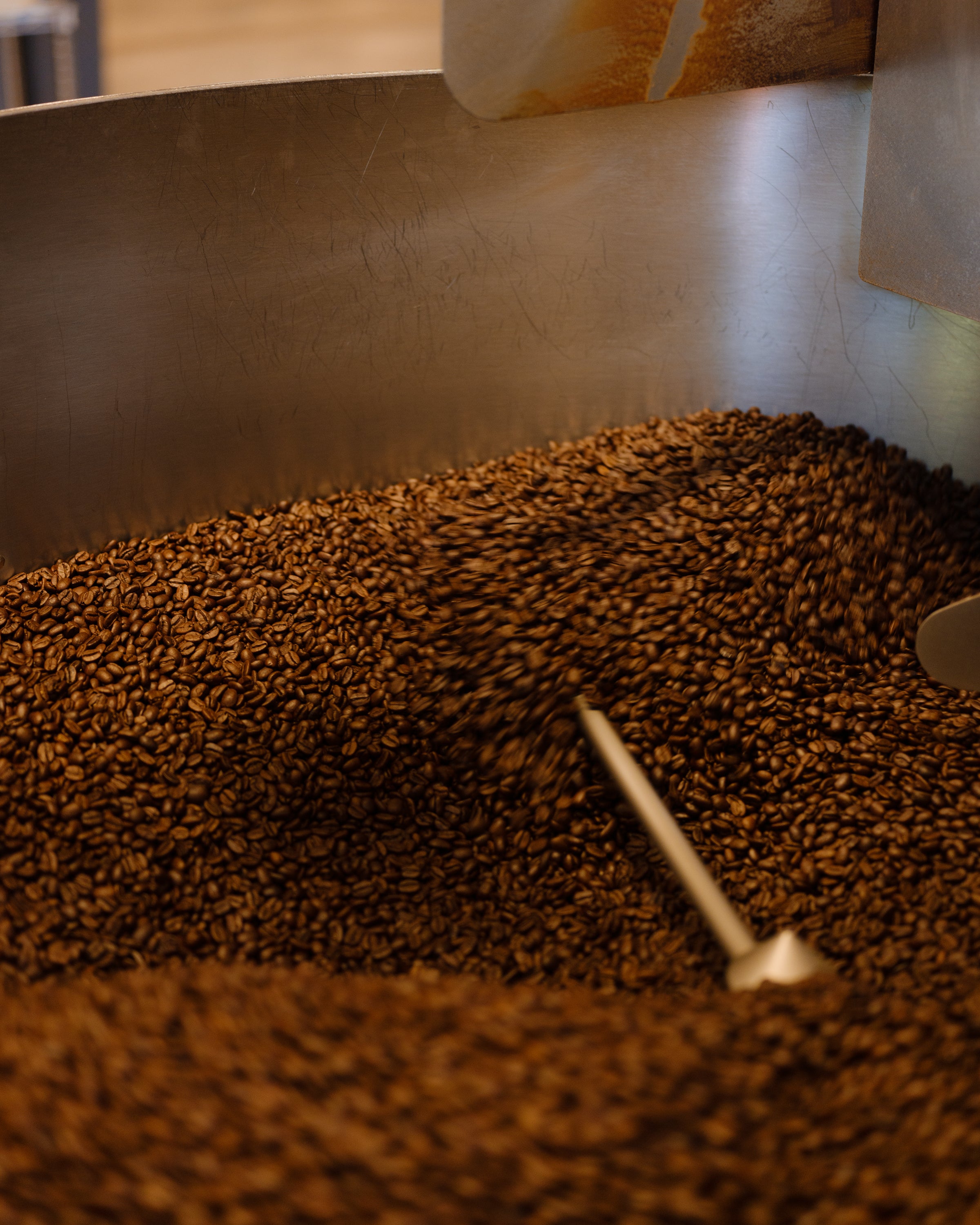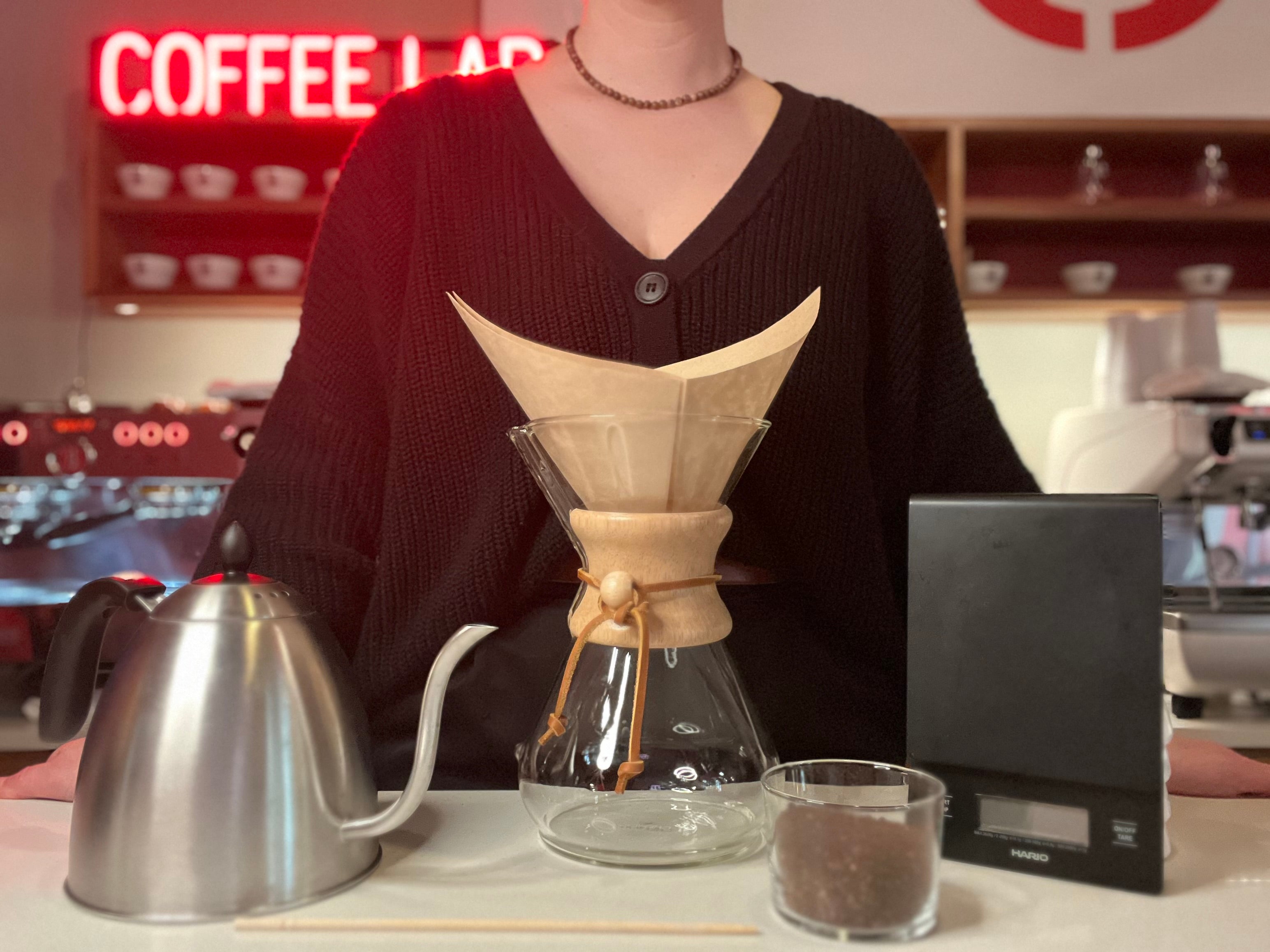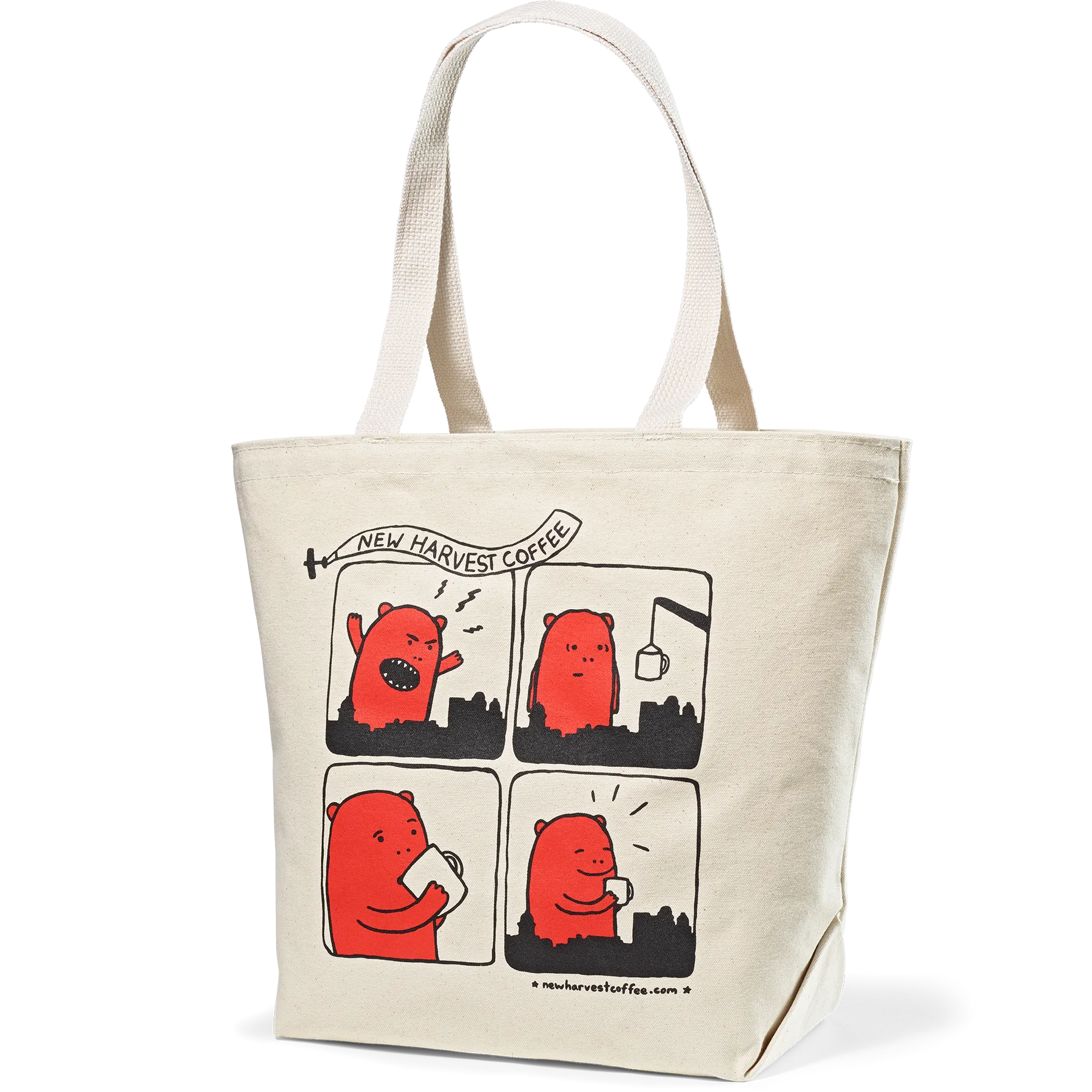

Bold bundle (Cone Drip)
Contains one 12oz bag of Dark Roast of the Decade and one 12oz bag of Organic Roast Boy.
About Dark Roast of the Decade
What we typically refer to as the coffee “bean” is actually the seed of a fruit known as the coffee cherry. One of the most crucial steps in the production of coffee is referred to as processing, where the fruit is removed to reveal the seed that we then import, roast and brew. In most cases, this is accomplished using the “wet” method: the cherries are stripped off the seed using water and agitation after which they are soaked in fermentation tanks to remove any remaining fruit material before drying. This process requires a lot of clean water and a certain amount of infrastructure. In regions where these things have historically been in short supply coffee is often processed using the “dry” method, called Natural Processing. Here, the coffee cherries are harvested and then dried with the fruit intact, resulting in a deep, full body and an intensely fruity flavor profile that, here, shines through the dark, smoky roast profile of our Dark Roast of the Decade.
Guji is one of the zones of the Oromia Region of Southern Ethiopia known for producing some amazing natural coffees. This coffee tends to showcase some nice fruit-forward characteristics with a medium body. In the past coffees from Guji have been sold in the Sidamo category, but since the quality is high and the profile is unique, more and more, we are seeing these coffees separated from other Sidamos.
About Organic Roast Boy
While all of our blends rotate ingredients throughout the year as fresh crops become available, Roast Boy features Certified USDA Organic coffee from Latin America.
In 2000, sixty-two Honduran farmers joined together with a common goal to transform their farms from conventional to organic production and formed COMSA (Café Organico Marcala, S.A.). In 2001, fostered by a foundation called Funder, COMSA earned their organic certification from Bio Latina which has enabled them to market their coffee to more international buyers and realize better selling prices for their coffee. COMSA funds many local projects including paying teacher salaries and buying school supplies.
La Voz cooperative is located in the Western Highlands of Guatemala. The fertile volcanic soils and rich shade tree canopy help produce some of the best, most distinctively flavored coffees in the world.
La Voz has about 161 farmer members, 61 of whom are women. Coffee cherries are carried to the La Voz depulping mill and dried on patios. Their fermentation tanks were recently tiled.
La Voz has been certified Organic since 1992.
